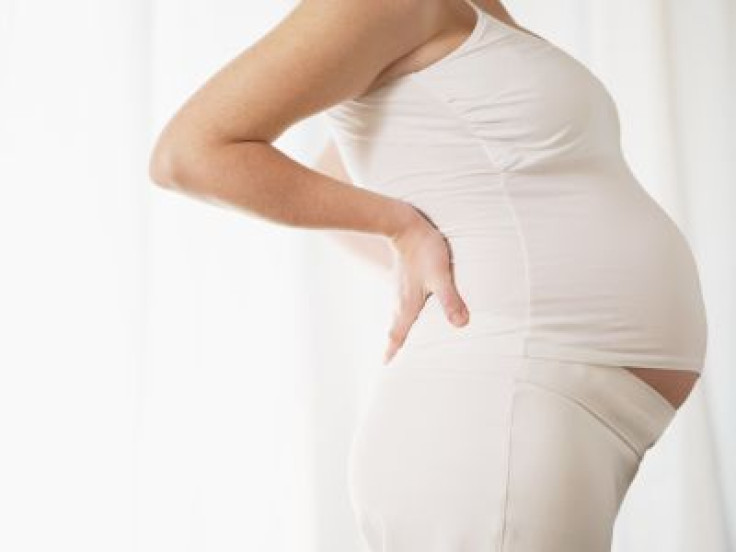Hormones Linked To Postpartum Depression; How To Avoid Despair

Maybe it does take a village.
Postpartum depression usually occurs within three months of giving birth and doctors know that it is not only the sudden change of lifestyle that causes it, but a physiological imbalance that sets the body off kilter.
Researchers looking into the causes and reasons for this debilitating affliction have found some simple and promising results.
Researchers from UCLA saw that when women had a good and support network from their family during pregnancy, it decreased a certain stress hormone, pCRH (placental corticotropin-releasing hormone).
"Now we have some clue as to how support might 'get under the skin' in pregnancy, dampening down a mother's stress hormone, and thereby helping to reduce her risk for postpartum depression," said Jennifer Hahn-Holbrook, a UCLA National Institute of Mental Health postdoctoral scholar in psychology and fellow at UCLA's Institute of Society and Genetics, and lead author of the research.
By evaluating 210 pregnant women from different backgrounds at 19, 29 and 37 weeks during pregnancy and at eight weeks after giving birth researchers learned about support structure that they had during pregnancy and were able to take samples of blood to test different hormone levels.
The study found that women who received the greatest amount of support had fewer depression related symptoms and lower levels of the pCRH stress hormone during their third trimester.
"Our results, and those of other scientists, suggest that low or absent support is a significant risk factor for postpartum depression, and that strong support is a protective factor," Hahn-Holbrook said.
The report showed that support from the entire family was stronger than that of the spouse.
Dr. Hahn-Holbrook said continued that "there is no doubt that fathers are a critical part of a healthy pregnancy," It could be that support from the father influences pCRH levels earlier in pregnancy, or father support may act by a different biological or behavioral pathway altogether.
Sharp increases in the pCRH hormone during pregnancy has been correlated with premature births, before 37 weeks of gestation.
The article published in the journal Clinical Psychological Science can be found here.



























